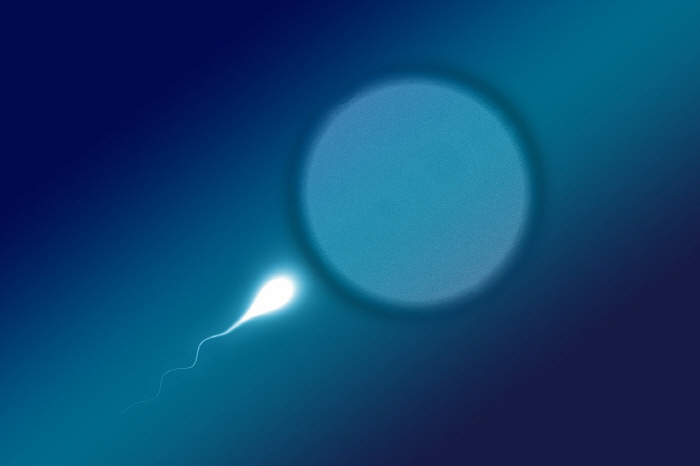The world's first human pavilion race...The prize money is 1.4 billion won
Apr 17, 2025
|
It is an event to announce the seriousness of male infertility and will be filmed under a microscope and broadcast live.
According to foreign media such as the Daily Mail, a group of young start-up founders 'Sperm Racing' will hold the world's first pavilion race at Hollywood Palladium in Los Angeles, California on the 25th (local time). The prize money amounts to 1 million dollars (about 1.4 billion won).
They wrote on social media that `In recent decades, the number of spermatozoa in men has decreased worldwide"We hold competitions to give people a more enjoyable and fun approach to male reproductive health awareness."
On this day, the race will be held in such a way that a 0.05mm-sized pavilion moves along a small 20cm-long race track that embodies the female genital structure.
The two sperm provided by each of the two men move according to the chemical signal, and the sperm crossing the finish line first wins.
The race time is estimated to be about 40 minutes.
This is because sperm travel at an average rate of 5 mm per minute and reach eggs within 15 to 45 min after ejaculation.
If the sperm is moving in a relatively straight line, it may end earlier.
On this day, the game will be broadcast live online with a microscope shot and commentary on 'Gyeonggi' is also prepared.
Organizers predicted that 5,000 spectators would attend the event.
Eric Zhu, one of the group's founders, said he hopes it will serve as an opportunity to recognize the seriousness of male fertility, not just a contest to laugh and enjoy.
On the other hand, healthy adult males generally have 2 to 5 ㏄ of semen once and contain 40 to 60 million sperm within one ㏄.
If more than 50% of the sperm contained in the first ㏄ show active motility or more than 25% of the sperm moving more than 20 μm (micrometer) per second, it is judged normal.
The ideal number of sperm needed for pregnancy is known to be about 70 million per ml.
This article was translated by Naver AI translator.














